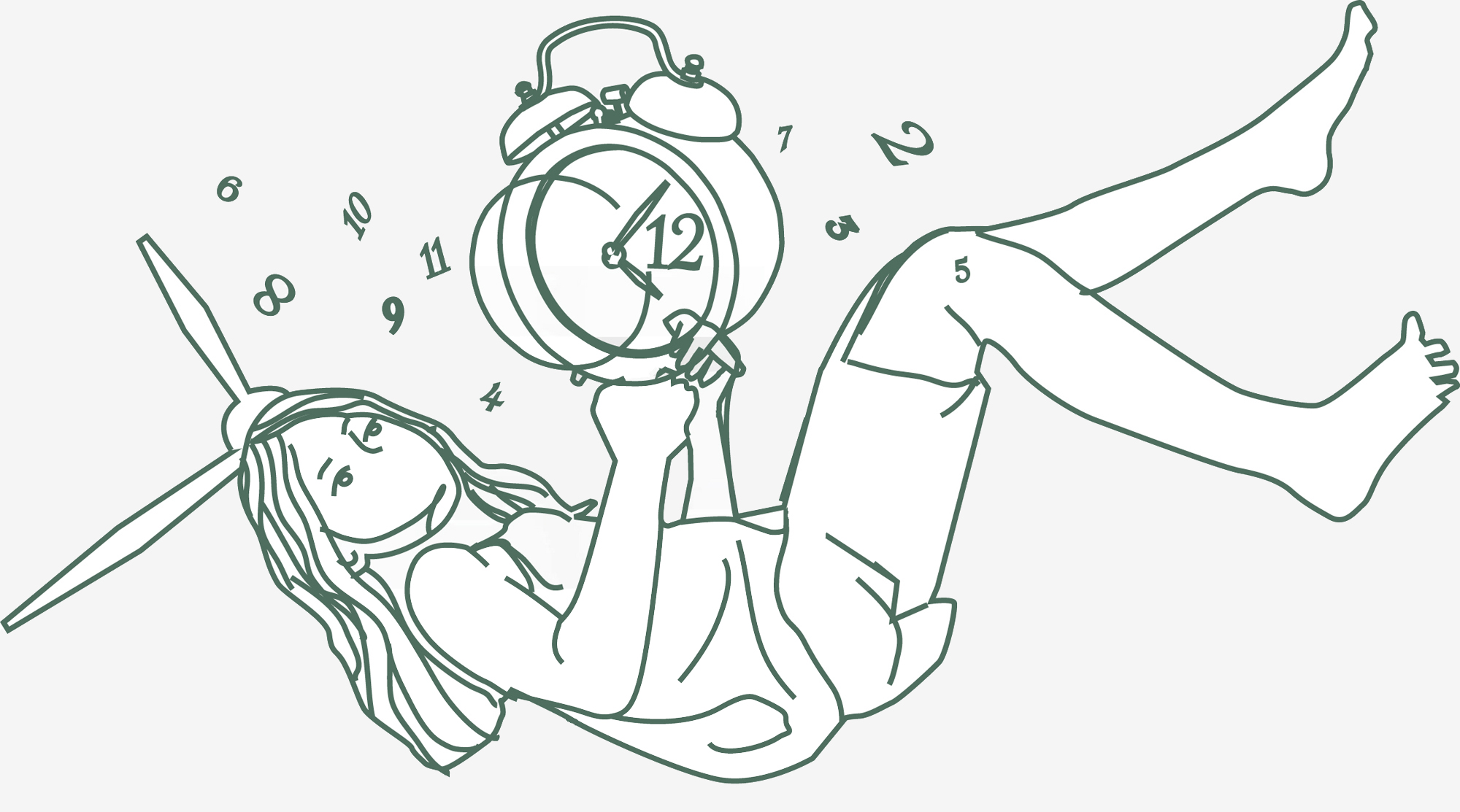The Benefits of Boredom
If you have a 20 minute train ride, how do you spend it? Do you listen to music or a podcast, check your email (thanks to the MTA for installing Wi-Fi), send texts, or scroll through Facebook or Instagram? What about waiting 3 minutes in line at the deli? Can you just stand in line, or are you on the hunt for a new post to like, a new article to read, or an app to tap through? Can you just sit in a chair for 90 seconds? (Go ahead, try it. I’ll wait.)
How did that feel? Were you bored? What if you gave yourself permission to be bored? As New Yorkers, we are constantly propelled by the motion of the city: the constant stimulation at our fingertips and right outside our doors. We treat boredom as the original sin; a friend told me once, “If you’re bored in New York, that’s your own fault.”
Wait-what? You should feel guilty about being bored? You’re at fault for boredom? And also, what’s so bad about being bored?
I remember being bored a lot as a kid. I grew up in small-town South, where environmental stimulation was an anomaly, not the norm. “Things to do” weren’t readily available, and after I plowed through my library books (no Kindles then!), I was generally on my own to create my own inspiration. I remember (what felt like) long hours swinging in the backyard or pushing dolls around the house in a tiny stroller, becoming completely immersed in the monotony of the experience.
But, eventually, if I stuck with that boredom for long enough, something magical would happen: I would have a brilliant, creative idea.
I’d suddenly fly off the swing or dump out the dolls and be off on an actual adventure: a completely improvised recipe in the kitchen; building a living room fort in Alaska; creating a large scale chalkboard mural in my bedroom; organizing the neighborhood kids in a blocks-wide game of capture the flag. My brain would be positively buzzing with ideas about where to go, what to do, how to create, and who to do it all with. I was reborn in every single daydream.
Science backs this up: boredom allows us to tap into our most creative, most problem-solving mind. When we are bored (or doing humdrum tasks at work), our body is allowed to go into autopilot mode, and that’s when our brains start thinking in new ways—we start connecting disparate ideas, solve nagging problems, and recreate personal narratives. When we allow ourselves the time and space to be bored, we wind up getting crystal clear on who we are, what we want, and how we feel. This is called “autobiographical planning,” and is actually a major reason why many people seek therapy. By refusing to be bored, we’re hiding from difficult emotions, avoiding the present moment, and giving into the fear of not being busy.
And here comes the tough part: boredom is a secondary emotion, meaning that boredom isn’t actually a feeling at all. It’s usually covering something else, something much more difficult or painful to feel: disappointment, anxiety, loneliness, sadness, or anger. If we never feel bored, we lose the opportunity to really, truly know ourselves and identify our feelings. We stop our personal growth, and opt-out of connecting to ourselves creatively.
So go ahead, be bored. Give yourself permission to be bored, and get really curious about it: what is actuallyhappening for you? Take a few breaths. Do you feel yourself reaching for your phone? Let that impulse pass. Breathe again. Find some stillness. Actively choose to do nothing with whatever you find. A more informed, bonded, creative self is right around the corner, if you can wait for it to arise.
I’d love to hear about your adventures in boredom. Drop me a note: suzanne@suzannegarrison.com.
Illustration by Jon Ehinger
